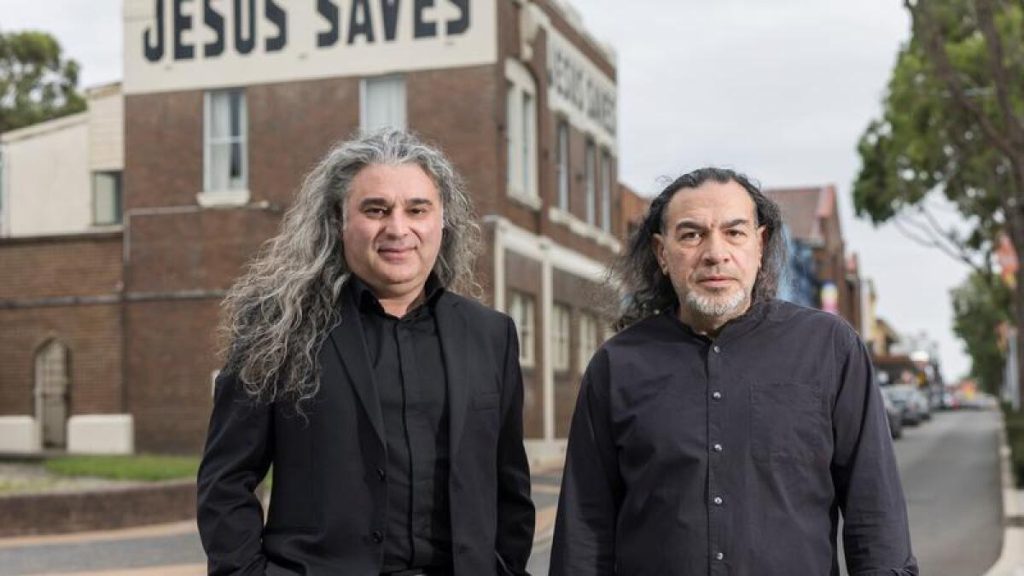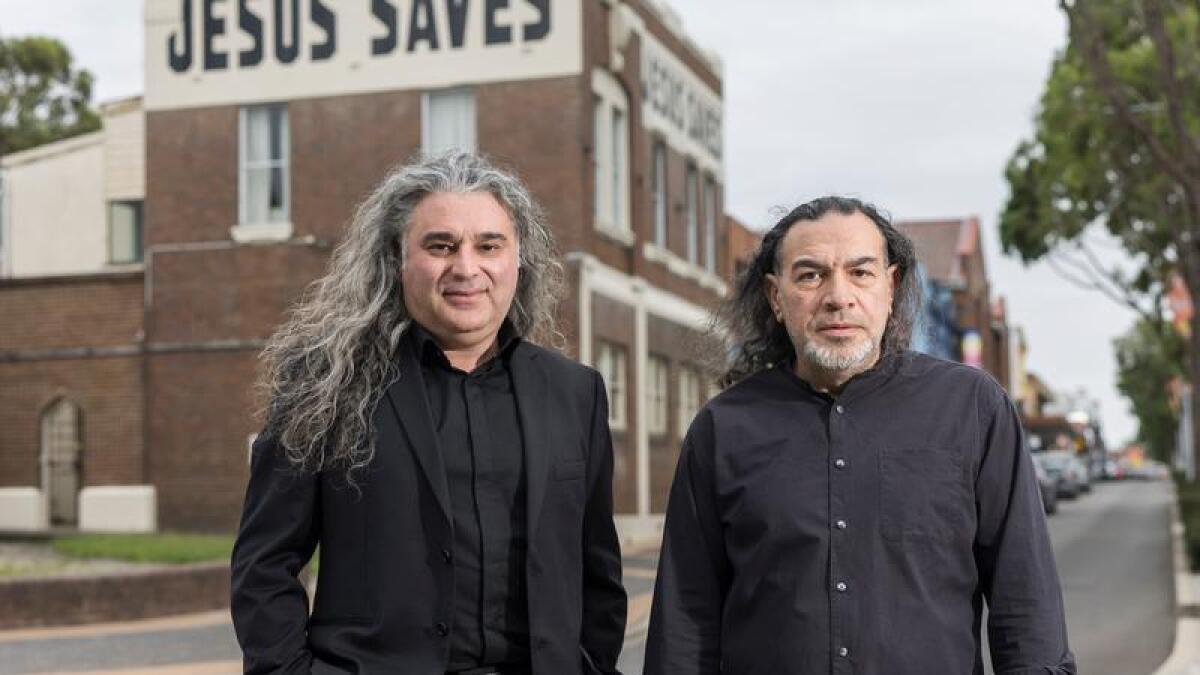
Australian University Cancels Exhibition of Lebanese-Born Artist’s Work

# Monash University Indefinitely Postpones Khaled Sabsabi’s Exhibition Amid Controversy
Monash University in Melbourne has indefinitely postponed an upcoming exhibition featuring the work of Lebanese-born Australian artist Khaled Sabsabi. The decision follows a wider controversy surrounding the artist, which began when Australian authorities revoked his appointment to represent the country at the 2026 Venice Biennale.
## The Background: Creative Australia’s Decision
Sabsabi, a renowned artist known for his works inspired by Sufi Islamic principles and contemporary political themes, was initially selected by Creative Australia in early February 2024 to represent Australia at the prestigious 61st Venice Biennale. Teaming up with curator Michael Dagostino, his appointment was widely regarded as a progressive move celebrating cultural diversity in Australian art.
However, within a week, Creative Australia abruptly rescinded the decision after political and media scrutiny of some of Sabsabi’s past works. These included pieces created over 15 years ago that critics claimed were politically charged, particularly in their depiction of Middle Eastern figures and conflicts. In parliament, some politicians questioned whether certain works glorified terrorism – a characterization strongly denied by Sabsabi and his supporters.
This decision faced immediate backlash from the arts community in Australia. Artists, critics, and cultural organizations condemned the move, calling it an attack on artistic freedom and a failure of governance by the federal arts funding body. Award-winning Australian artists, including Venice Biennale Golden Lion winners Archie Moore and Ellie Buttrose, published open letters urging Creative Australia to reinstate Sabsabi.
## Monash University Cancels Exhibition
As part of his ongoing career, Sabsabi was scheduled to present his works in an exhibition at the Monash University Museum of Art (MUMA) as part of a broader project titled *Stolon Press: Flat Earth*. The exhibition was set to open on May 8 and run until July 5, 2024, exploring curatorial and editorial practices.
The exhibition was to include Sabsabi’s large-scale calligraphic paintings inspired by *tasawwuf* (Sufism), along with silhouette compositions based on numerology and repetition. It was also expected to feature contributions from Stolon Press, an independent arts publishing collective, and Paraguayan-Canadian writer and anthropologist Elisa Taber.
However, in a move that echoes Sabsabi’s Venice Biennale controversy, Monash University announced its decision to “indefinitely postpone” the exhibition. MUMA later confirmed that this was a university-wide decision but declined to provide further explanation.
## Artistic Freedom Under Threat?
Many in the arts sector believe Creative Australia’s decision to distance itself from Sabsabi has opened the door for further institutional censorship. His gallerist, Josh Milani, criticized the Monash decision in a statement, saying it “is a direct result of Creative Australia’s abandonment of him as an artist and a human being.”
Milani also argued that canceling exhibitions like this one has long-term consequences for Sabsabi’s career and artistic legacy, effectively forcing public institutions and curators to reconsider their affiliations due to political pressure.
While no direct political or governmental intervention has been linked to the Monash postponement, the timing suggests broader concerns about the potential risks of displaying Sabsabi’s work amidst ongoing debates over Middle Eastern geopolitics, freedom of speech, and the responsibilities of publicly funded institutions.
Some conservative politicians have accused Sabsabi of “highlighting a terrorist leader” in his 2007 work, *You*, which featured manipulated footage of Hezbollah leader Hassan Nasrallah. Another work, *Thank You Very Much* (2006), used imagery from the 9/11 attacks alongside footage of then-President George W. Bush. While both works were exhibited in critical contexts, detractors have used them as evidence of alleged sympathies, despite the lack of any explicit endorsement of violence in Sabsabi’s oeuvre.
Milani and other supporters insist that these interpretations mischaracterize Sabsabi’s intent and that his work critically examines power structures, propaganda, and global conflicts without promoting extremism.
## Response from the Arts Community
Sabsabi has received strong support from fellow artists and cultural figures, with many seeing his treatment as symptomatic of a growing climate of censorship, particularly when it comes to politically sensitive topics. Critics fear that public art institutions are becoming wary of controversy, leading to self-censorship and the avoidance of artists engaging with difficult sociopolitical issues.
Creative Australia itself has since sought to repair its reputation by announcing a governance review into its decision-making processes for the Venice Biennale selection. The review will be conducted by advisory firm Blackhall and Pearl, with the goal of ensuring transparency and accountability for future pavilion selections.
However, for Sabsabi, the damage may already be done. With his Venice Biennale appointment revoked and his Monash exhibition now postponed indefinitely, the trajectory of his career remains uncertain. Institutions may hesitate to collaborate with him